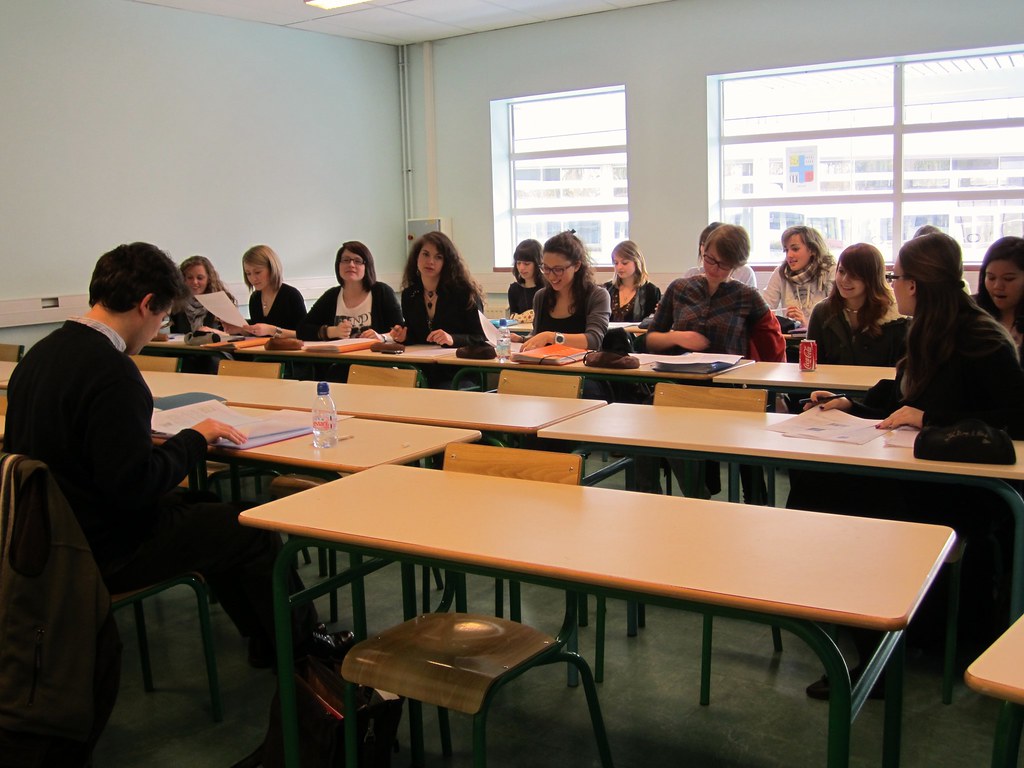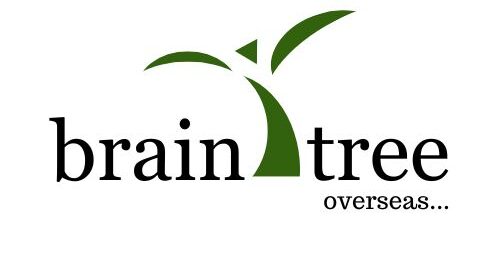Studying in France is a dream come true for many international students. With its captivating blend of art, history, and culture, France has earned its place as the fourth-most preferred destination for students seeking a truly enriching educational experience. From world-renowned museums and art galleries to historical monuments that narrate the country’s illustrious past, every corner of France exudes a sense of charm and allure.
But France is not just about aesthetics; it offers a unique study-work-life balance that fosters personal growth and academic excellence. With its diverse education system comprising numerous universities and schools, students can explore a wide range of fields and choose from an impressive 1200 courses taught in English, making it a compelling choice for international students.
In this article, we’ll explore the different aspects of studying in France. We’ll cover everything from the educational opportunities available to the expenses involved, visas, health coverage, and the courses that are in demand. Our aim is to provide you with a complete guide to starting your educational adventure in this intriguing country.
The Diverse Education System in France

France boasts a diverse and dynamic education system that attracts students globally. The country offers a multitude of universities and schools, each specializing in various fields of study.
2. Accessibility for International Students: Over 1200 courses taught in English make studying in France appealing to international students, enhancing accessibility and convenience.
3. The LMD Doctorate System: The French education system operates on the LMD doctorate structure, encompassing three stages: License (Bachelor’s), Masters, and Doctorate degrees. This seamless progression supports students throughout their academic journey.
4. Emphasis on Interactive Learning: French educational institutions prioritize interactive learning methods, encouraging students to actively participate in their studies. This approach cultivates critical thinking and creativity, facilitating both knowledge absorption and practical application.
5. Global Perspective: France’s education system promotes a global experience, with institutions fostering partnerships with international counterparts. Exchange programs and cross-cultural opportunities contribute to students’ open-mindedness and deeper comprehension of global matters.
6. Integration of Practical Experience: Recognizing the value of hands-on learning, many programs in France incorporate internships and work placements. This prepares students for their future careers by allowing them to apply theoretical knowledge in real-world contexts.
Conclusion: In conclusion, France’s education system, characterized by diversity, interactive learning, and global exposure, presents an appealing option for those seeking a comprehensive and enriching academic journey.
Global Learning Experience & Work Opportunities
Studying in France offers more than just education; it’s a gateway to a global learning experience. French universities promote interactive study systems that foster diverse perspectives, enhancing knowledge and critical thinking skills. Practical learning and research-focused education prepare students to excel in their chosen fields.
2. Practical Work Opportunities: An exceptional advantage for international students in France is access to work opportunities. Students can engage in part-time work (up to 964 hours annually) alongside studies, gaining practical experience and financial support. Upon graduation, a post-study work permit of up to two years offers a chance to gain professional experience in France.
3. Career Preparation for Global Markets: The blend of academic excellence and work exposure equips students for success in the global job market. The multicultural environment nurtures networking and collaboration, further enriching the learning journey.
4. Cutting-Edge Fields and Innovation: France’s dedication to innovation and research presents opportunities in cutting-edge fields. Industries like technology, renewable energy, and aerospace offer exciting prospects for aspiring professionals.
5. Supportive Ecosystem for Growth: Embarking on an educational journey in France means entering a supportive ecosystem that fosters personal and professional growth. The connections forged, experiences gained, and knowledge acquired will profoundly shape students’ futures.
Incorporating these elements, studying in France unveils a world of academic enrichment, cross-cultural experiences, and avenues for professional development.
Affordability & Scholarships
Studying in France offers a remarkable educational experience that is cost-effective and rich in quality. The country’s emphasis on affordability and scholarships makes it an appealing choice for international students seeking high-quality education without the burden of excessive costs.
Affordability of Education:
- France’s education system benefits from substantial government subsidies, resulting in comparatively lower tuition fees than many other countries.
- This affordability factor enhances France’s attractiveness as a destination for international students who want quality education without incurring massive expenses.
Scholarships and Financial Aid:
- France offers a diverse range of scholarships and financial aid options to support international students from various backgrounds.
- These scholarships aim to both provide financial assistance and encourage academic excellence among students.
- Various scholarship programs are available through sources such as the French government, universities, and other organizations.
Eiffel Excellence Scholarship Program:
- The Eiffel Excellence Scholarship Program is a notable scholarship initiative in France.
- It targets exceptional international students pursuing Master’s or Ph.D. programs across different fields.
- The scholarships are awarded by the French Ministry of Foreign Affairs and serve as a means for students to financially support their studies in France.
Application Criteria:
- Eligibility criteria for scholarships typically involve factors like academic merit, financial need, and proficiency in either French or English.
- International students aspiring to secure scholarships are advised to thoroughly research the available opportunities well in advance.
- Submitting applications within the specified deadlines is crucial to maximize the chances of receiving financial aid.
France’s Commitment to Global Talent:
- By emphasizing affordability and offering scholarships, France underscores its dedication to nurturing and cultivating talent from around the world.
- The availability of scholarships demonstrates the country’s commitment to promoting diversity in academia and supporting students’ educational aspirations.
France’s commitment to affordable education and scholarships creates an environment that fosters academic excellence and encourages international students to pursue their educational goals without the burden of excessive expenses.
Navigating the Student Visa Process
Obtaining a student visa to study in France is a crucial step towards your academic journey. The French visa system offers different options tailored to the duration of your study program.
- Long-Stay Visa (VLS-TS):
- Designed for study programs lasting from 4 months to 1 year.
- Benefits include the ability to work part-time during studies.
- Application process involves submitting required documents, such as an acceptance letter, proof of financial means, and valid health insurance coverage.
- Short-Stay Visa:
- Suitable for short-term study programs lasting less than 90 days.
- Application Process and Cost:
- Apply through the nearest French consulate or embassy.
- Fill out the application form and gather necessary documents.
- Attend an interview if required.
- The long-stay visa for studies costs €99.
- Importance of Valid Student Visa:
- Ensuring a smooth study experience in France.
- Initiate the visa application process well in advance to avoid delays or complications
Students must carefully assess their study program’s duration and apply for the appropriate visa type accordingly. It is advisable to start the visa application process well in advance to avoid any delays or complications. Additionally, students should ensure that all required documents, such as proof of accommodation, financial capacity, and health insurance, are in order to increase the likelihood of a successful visa application.
